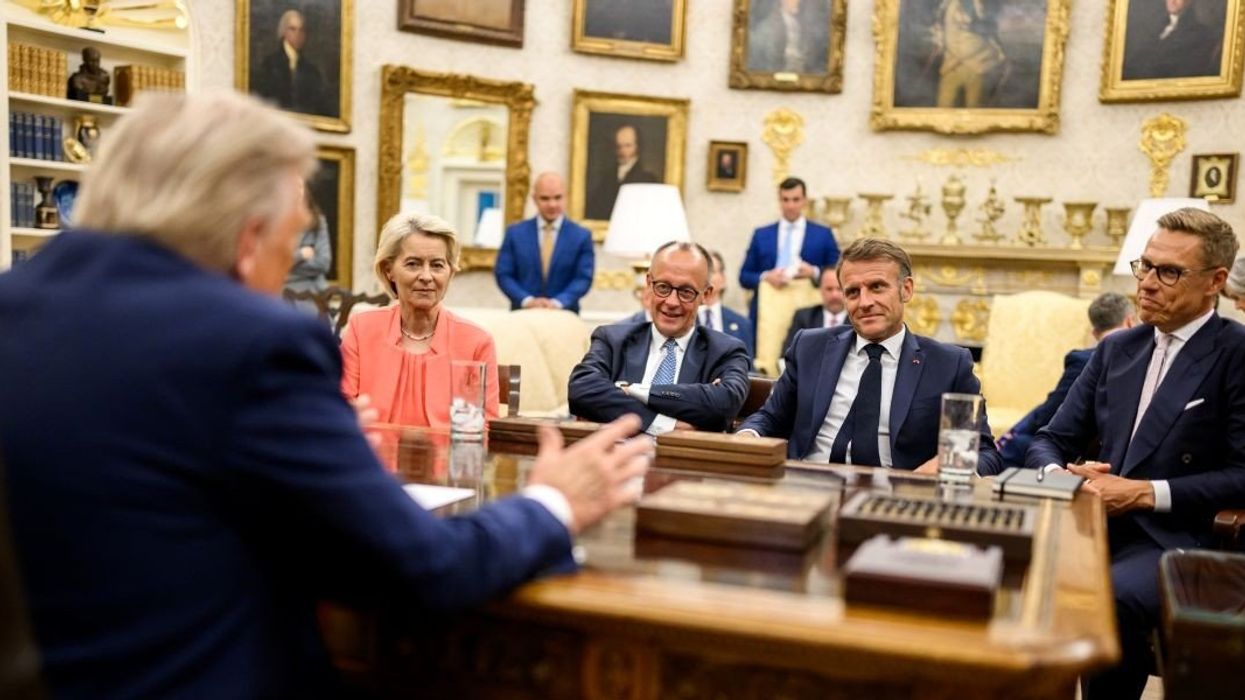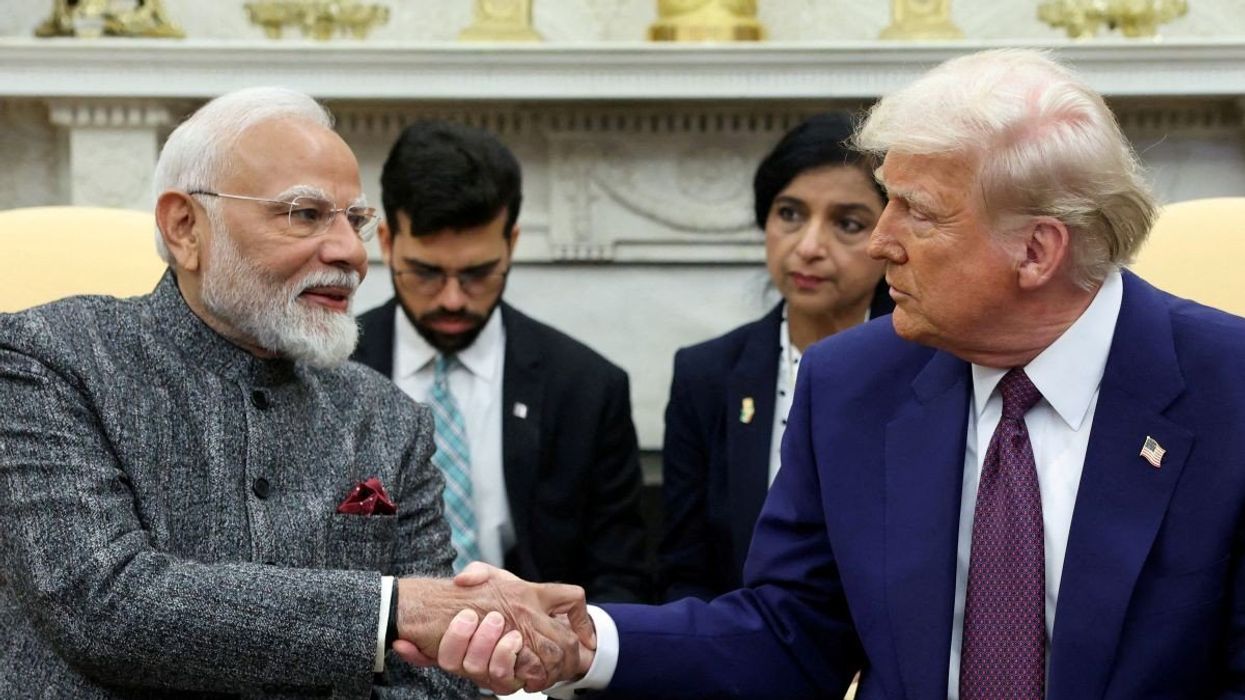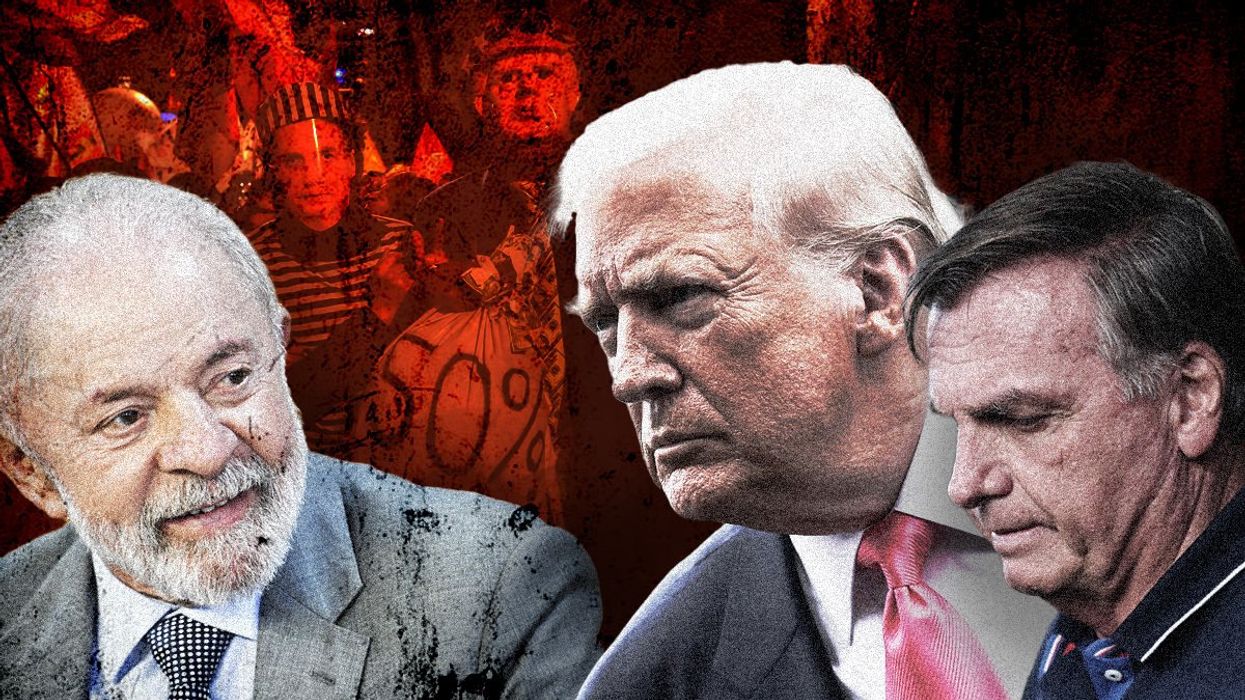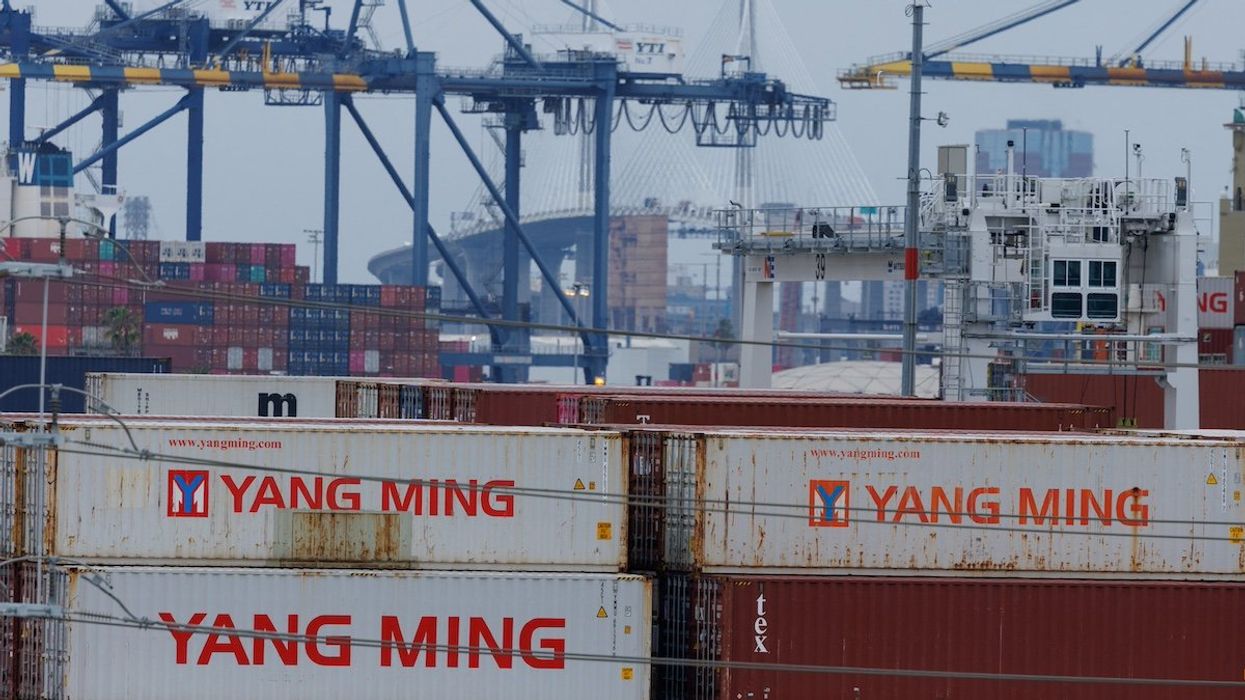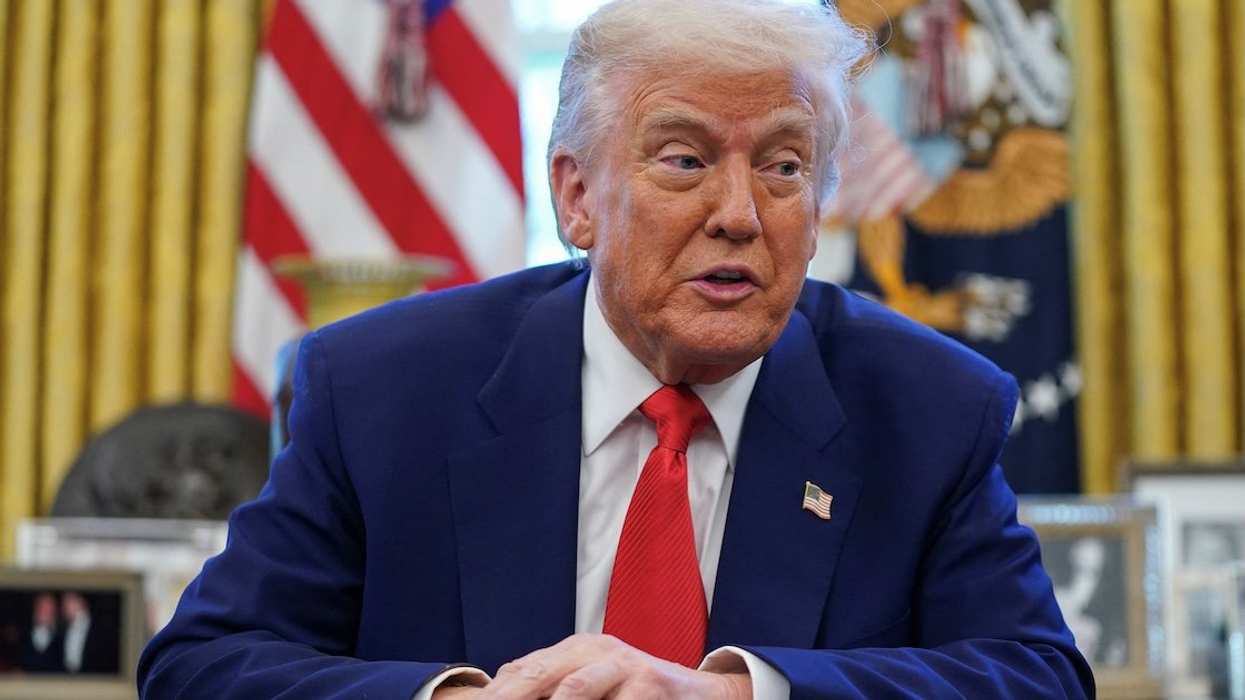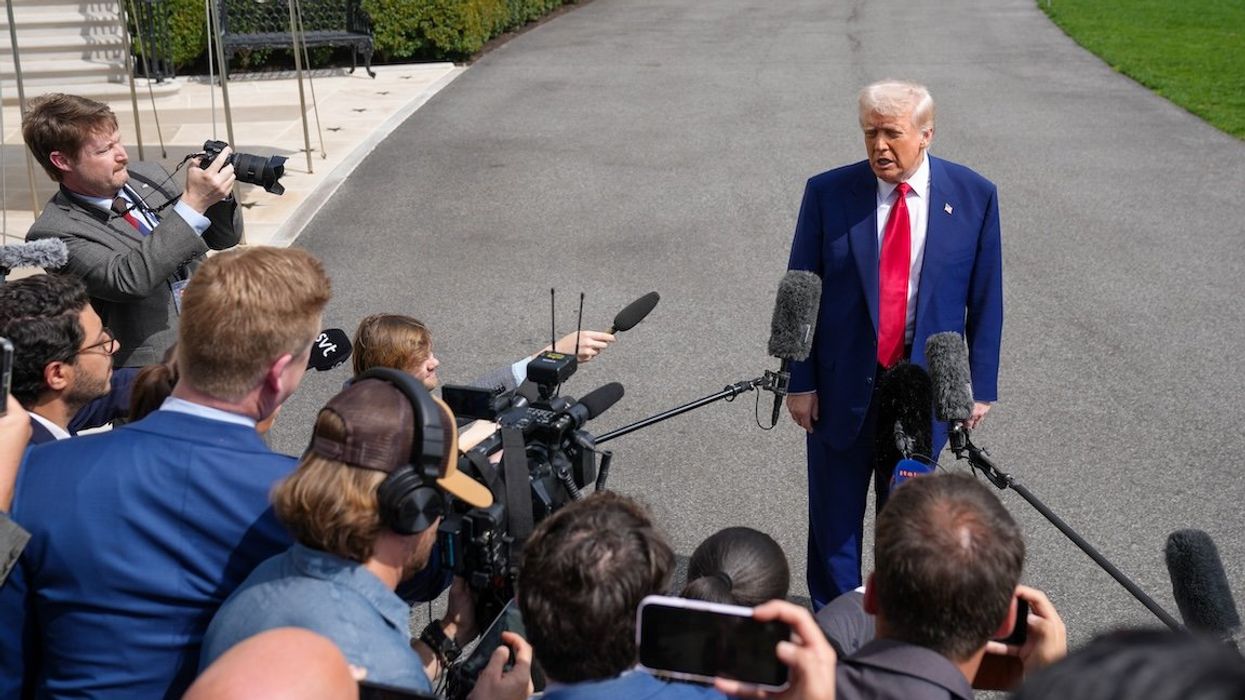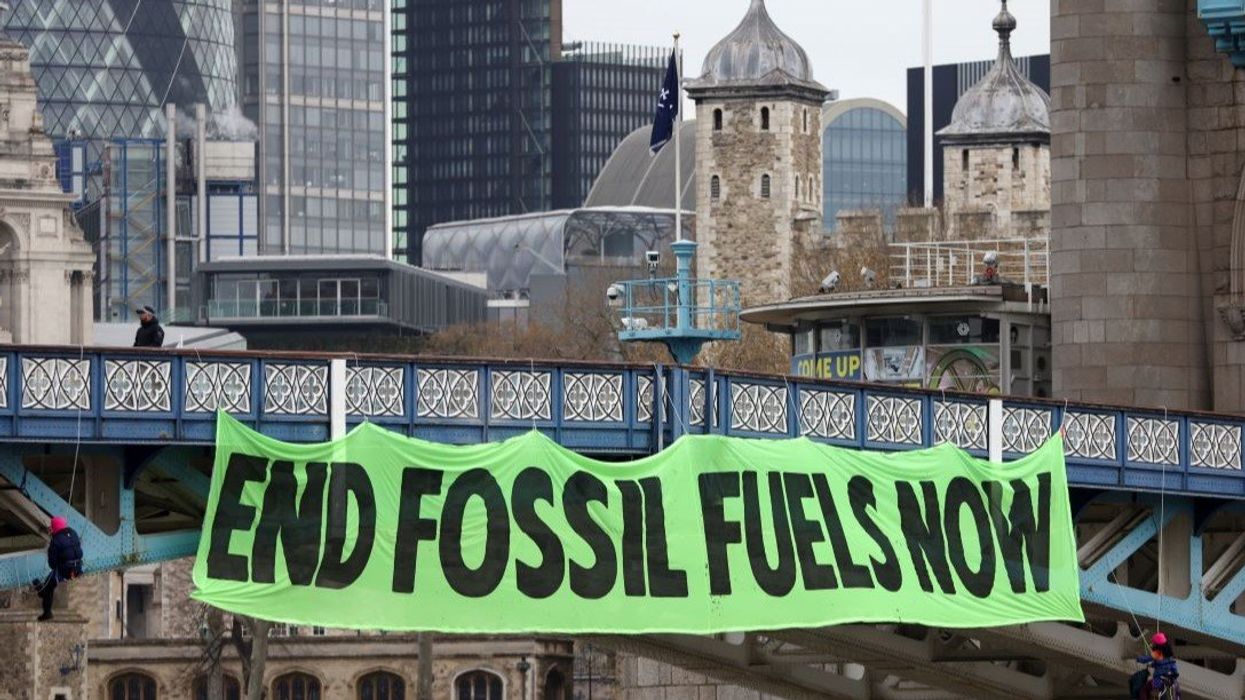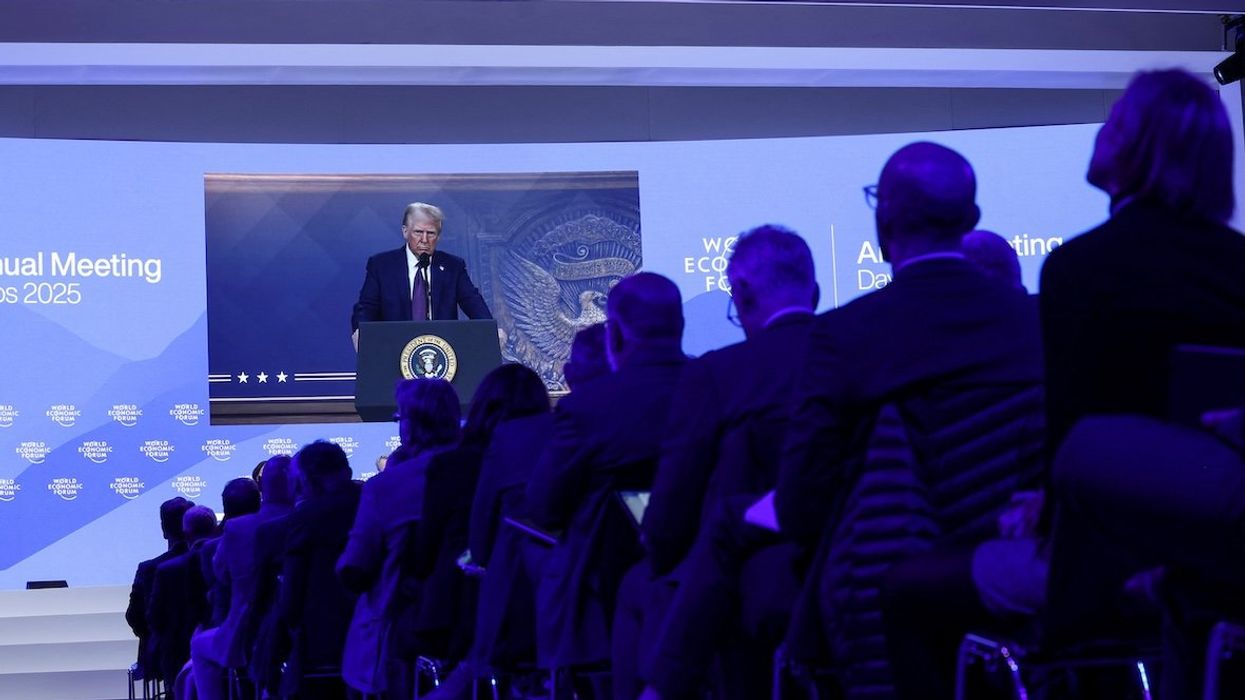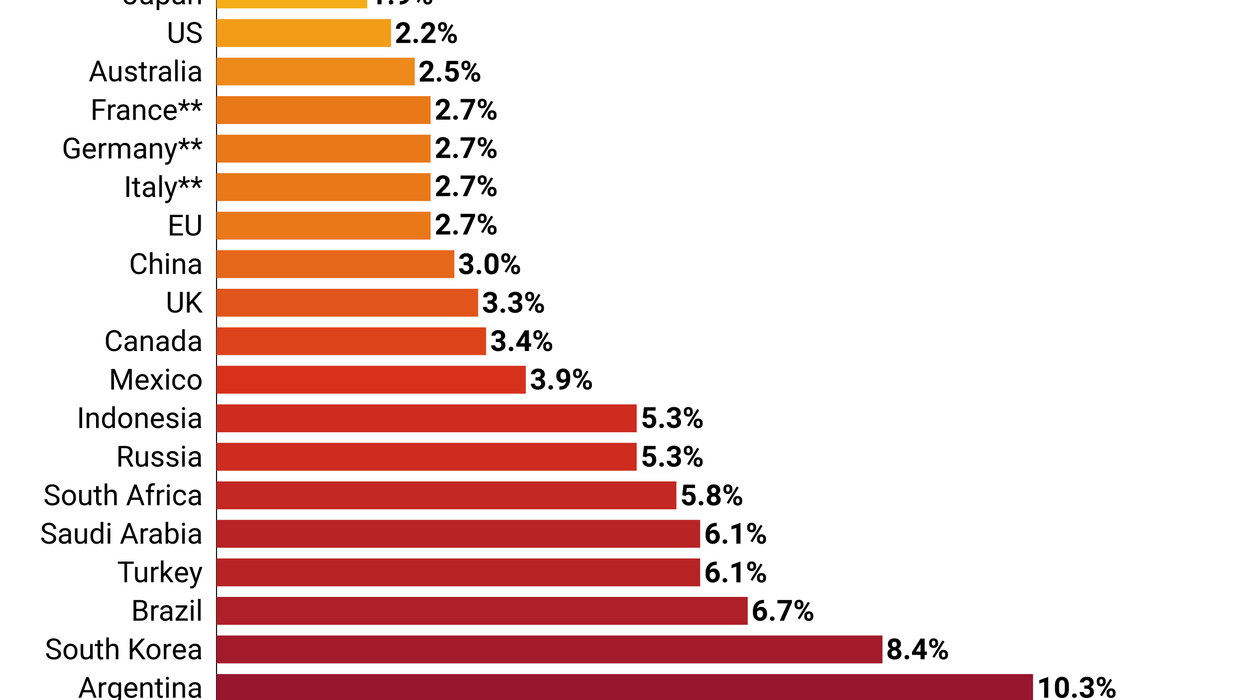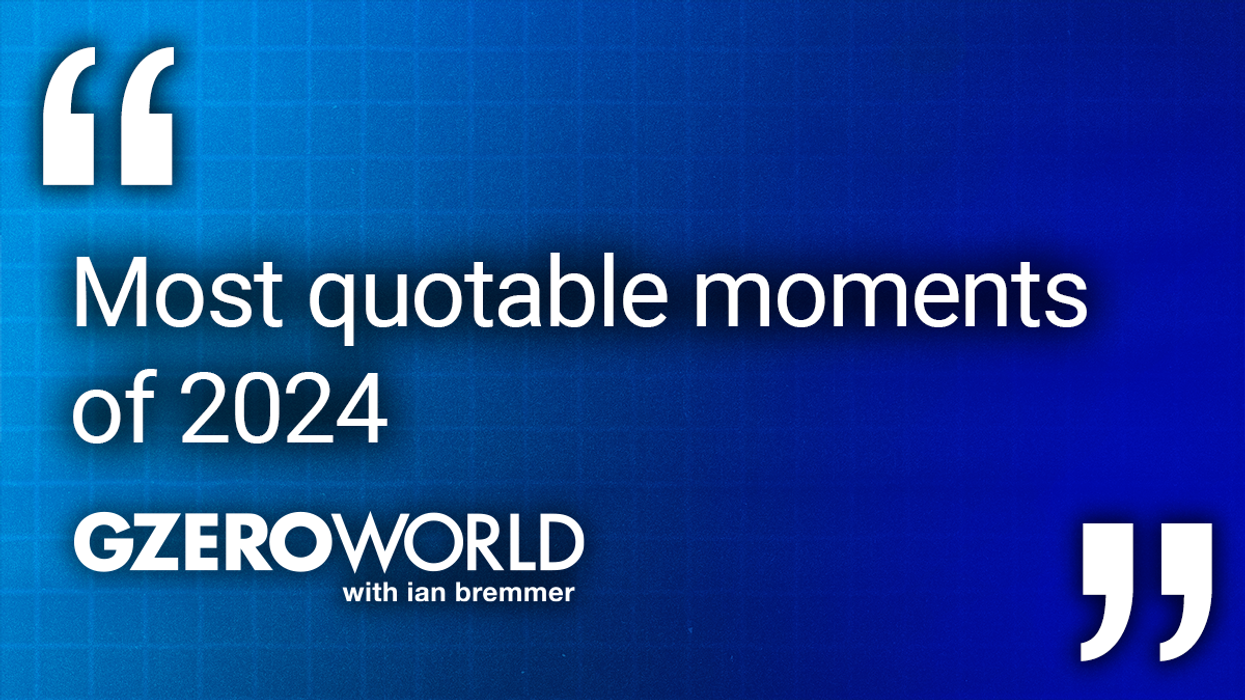What We're Watching
What We’re Watching: US-EU nail down the details of trade deal, IAEA sounds the alarm on Iran, China challenges Dalai Lama
614: For all the US efforts to end it, the Russia-Ukraine war is showing no signs of slowing down, as Moscow fired 614 drones and other missiles at its neighbor.
Aug 21, 2025
